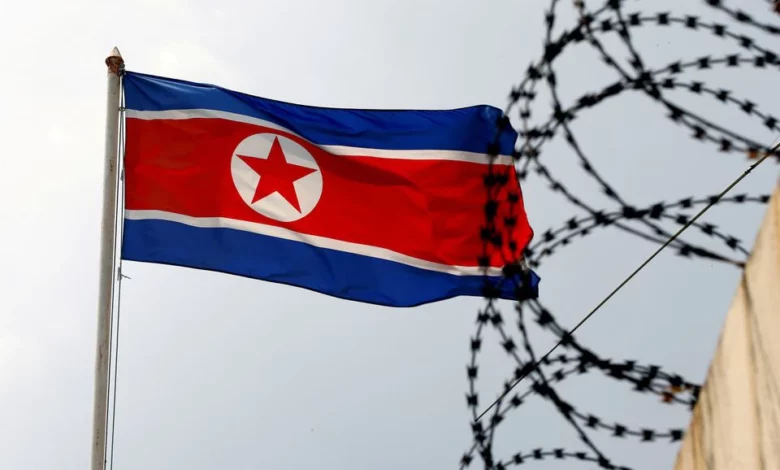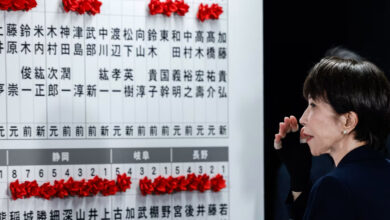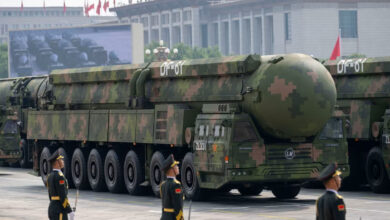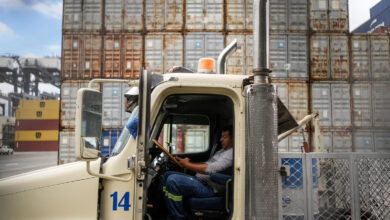
BEIJING/SEOUL, Jan 16 (Reuters) – Chinese brokers said they expect the resumption of regular trade with North Korea as soon as Monday, after a North Korean train pulled into a Chinese border town on Sunday in the first such crossing since anti-coronavirus border lockdowns began in 2020.
“My business partner in North Korea told me on Friday that the land border will reopen to cargo freight on Jan. 17,” a Chinese commodities trader in the border town of Dandong told Reuters.
“By Saturday the whole import-export community here has heard about this and people have began snapping up carriages to move their cargo over,” he said.
North Korea has not officially reported any COVID-19 cases since the pandemic began in early 2020, and has imposed strict anti-virus measures, including border closures and domestic travel curbs.
Another Chinese trader said she can arrange for cargo to be loaded onto a train in Dandong which is scheduled to cross over to North Korea on Monday.
On Sunday she posted three photos of freight carriages taken inside a railway station on social media, and said that the first batch of cargo for the resumption of rail link between Dandong and North Korea was being loaded.
Both traders refused to be named, citing the sensitivity of the matter.
China has not officially announced the reopening of border. Previous reports of imminent border reopening citing traders and logistics had not materialised.
The Chinese foreign ministry did not immediately respond to a request on Sunday for confirmation of the border’s reopening.
Citing multiple unnamed sources, South Korea’s Yonhap news agency earlier on Sunday reported the arrival of what it said was a North Korean freight train in Dandong, saying it marked the formal reopening of North Korea’s land border with China.
It was unclear whether the train was carrying any cargo into China, but was likely to return to North Korea on Monday with a load of “emergency materials”, the sources told Yonhap, without elaborating.
Japan’s Kyodo news agency also reported the train’s arrival, citing an informed source.
While Chinese data show some limited trade has continued, most shipments appear to be using North Korean seaports, not trains across its land borders.
Officials in Seoul said late last year they were watching closely for a resumption in cross-border rail traffic as a signal that restrictions might be loosening.
After nearly two years of border closures, some humanitarian aid is trickling into North Korea, though shipments of key supplies including food remain blocked, according to United Nations organizations.
Several shipments of nutrition and medical aid have entered the country after up to three months of quarantine at Nampo sea port, but there had been no confirmation of major shipments being transported by train.
Reporting by Yew Lun Tian in Beijing and Josh Smith in Seoul; Editing by Simon Cameron-Moore and Kenneth Maxwell




